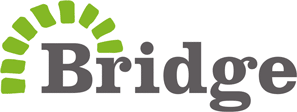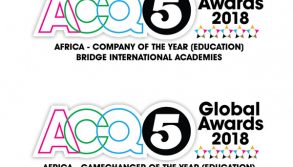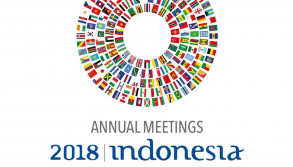Bridge showcased at the Education World Forum
28 January 2019
Bridge co-founders and a Nigerian government education leader have been presenting to education ministers from around the world. As Davos gathers business leaders to its conference halls, hundreds of education ministers gather in London every year for the Education World Forum. This year, Bridge was front and centre with both its Co-founders presenting and a representative from a Nigeria programme – where Bridge is the technical partner – taking to the main stage.
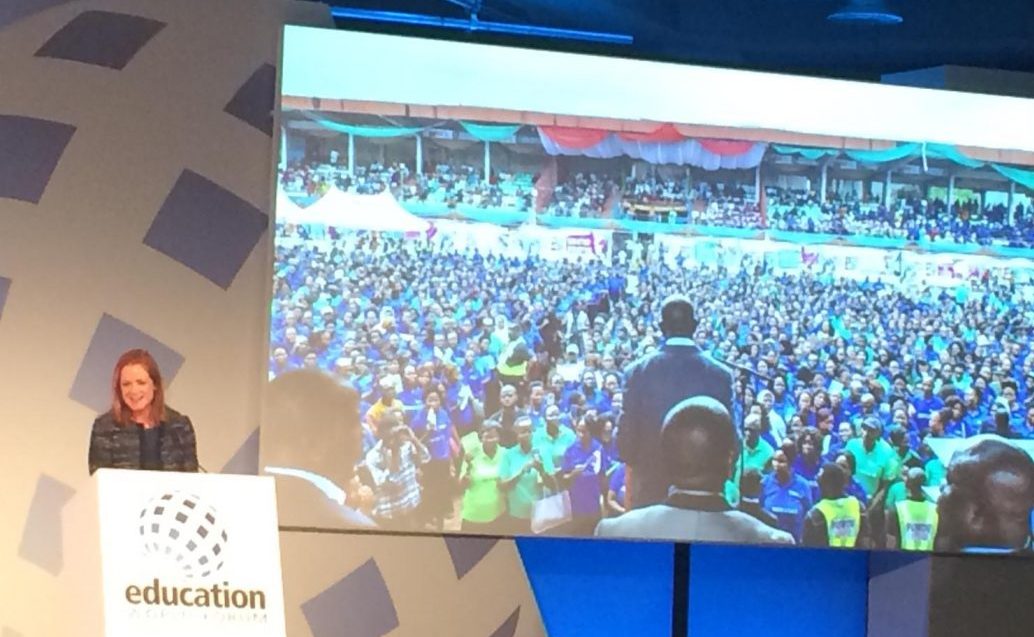
First up was Dr Shannon May, on a panel with UNESCO Director Dr Silvia Montoya; Shannon talked about the shortage of learning in places like sub-Saharan Africa and highlighted some of the ways this was being effectively tackled by offering more quality schools and improving the quality of government teachers. One of her major themes was making every public school globally competitive. She outlined how Bridge is helping governments through retraining public school teachers in modern child-centred pedagogy and delivering continuous professional development and coaching for government teachers — even in the most remote or rural locations. Shannon focused on the need to help government teachers in low-resource environments with national syllabus aligned materials that are scientifically crafted to improve teaching and learning outcomes.
She also highlighted how Bridge technology is making government classrooms completely transparent to education ministries, allowing elected ministers to see the levels of learning taking place in almost real time. An opinion editorial on the Education World Forum website by Dr. May re-emphasises her views on the strategic importance of partnerships in education.
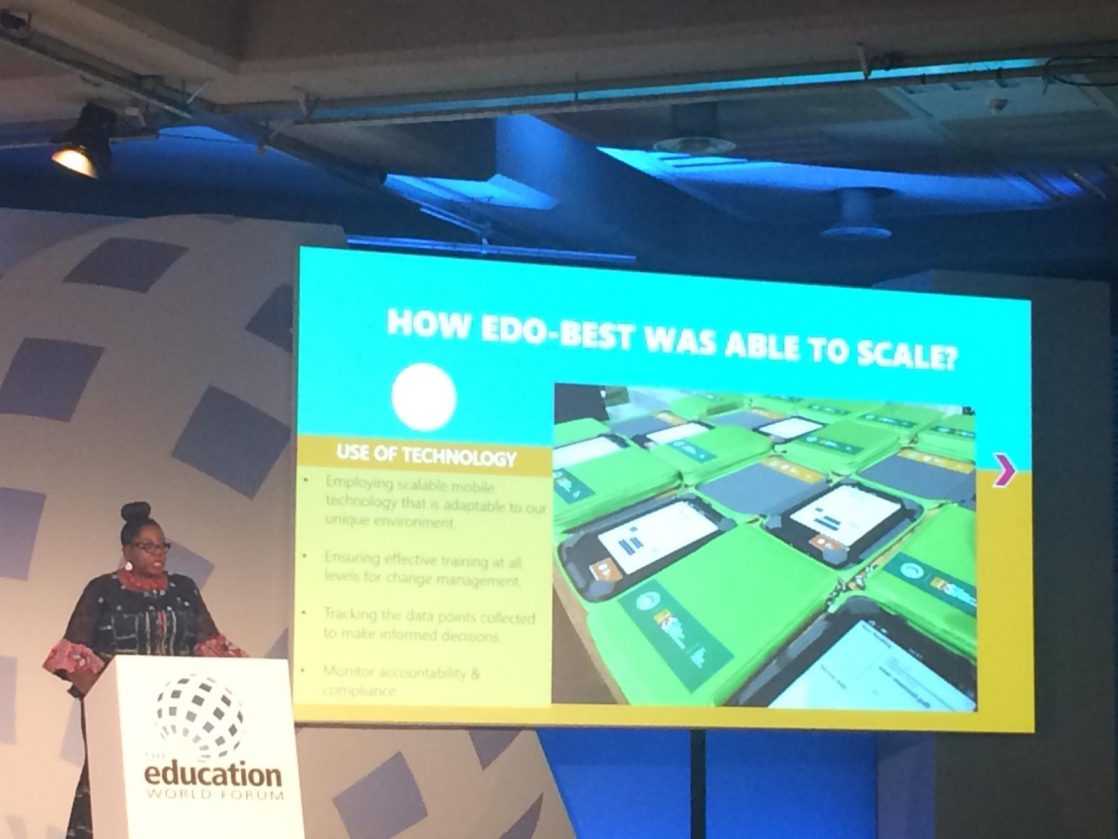
Dr Joan Oviawe also presented on the main stage about the Edo State government’s approach to education in Nigeria. Edo has launched a trailblazing initiative that’s transforming over a thousand government schools in one of the country’s most marginalised states, where 60% of people live below the poverty line. Dr Oviawe is the Chair of the local government education board (Edo SUBEB) and is leading the government programme, called EdoBEST, that’s quickly upskilling teachers and improving outcomes for children with Bridge as a technical partner.
She talked about creating an impact at scale, and emphasised the large roll-out of the programme across her State. The programme has already retrained 7,000 government teachers and impacted 150,000 pupils in state primary schools.
She said: “In the past we did not know if teachers had quality lessons, but now we know the high quality of every teacher’s lesson and we can incentivise and reward our teachers. Parents are telling us they are taking their children out of private schools and into EdoBEST schools because of the quality.”
So far 8,200 new books have been delivered for teachers and pupils and the project has only reached 60% of its eventual scale. She talked particularly excitedly about the 11,000 new local community members who have become part of new school management committees, making the project a truly grass-roots movement across Edo State; inspiring teachers and families alike.
Her presentation sparked interest across the forum as one of the most innovative and large scale education interventions in sub-Saharan Africa.
The below video, created by the Nigerian education board, gives an overview of how teachers are responding to the changes in Edo State.
Finally, Bridge co-founder Jay Kimmelman shared a platform with World Bank Education Advisor, Michael Trucano, and talked to leaders gathered at the London Excel Centre for the final stage of the global education conference. He talked about the encouraging learning gains being evidenced by children who experience a Bridge, or Bridge supported, education. Using Liberia as an example, he talked through data showing how Liberian teachers in free public schools are enabling their pupils to gain twice the learning of their peers.
Talking about Nigeria and Edo State, Jay said: “We have seen in one State-wide implementation, in three months, students learning more than three quarters of a year more learning gains … When you empower that teacher we can turn classrooms into globally competitive classrooms.”
Jay challenged education ministries to measure and track education spending and assess what was working and what wasn’t — in their countries — and allocate resources accordingly. While more money is always needed there is a lot of money already being spent and ensuring that it’s being spent effectively is key.
The advice supported the announcement by the World Bank and Gates Foundation earlier in the week, who revealed a new partnership designed to develop tools governments can use to better monitor the quality of their education systems, allowing policymakers to take real-time decisions to ensure that all children are learning.
The Education World Forum offered an opportunity for education ministers and leaders from Asia, Africa, eastern Europe and elsewhere to explore new innovations and approaches to education, including Bridge’s, and hear from government Ministers whose populations are realising the benefits of rapid large-scale education transformation.

